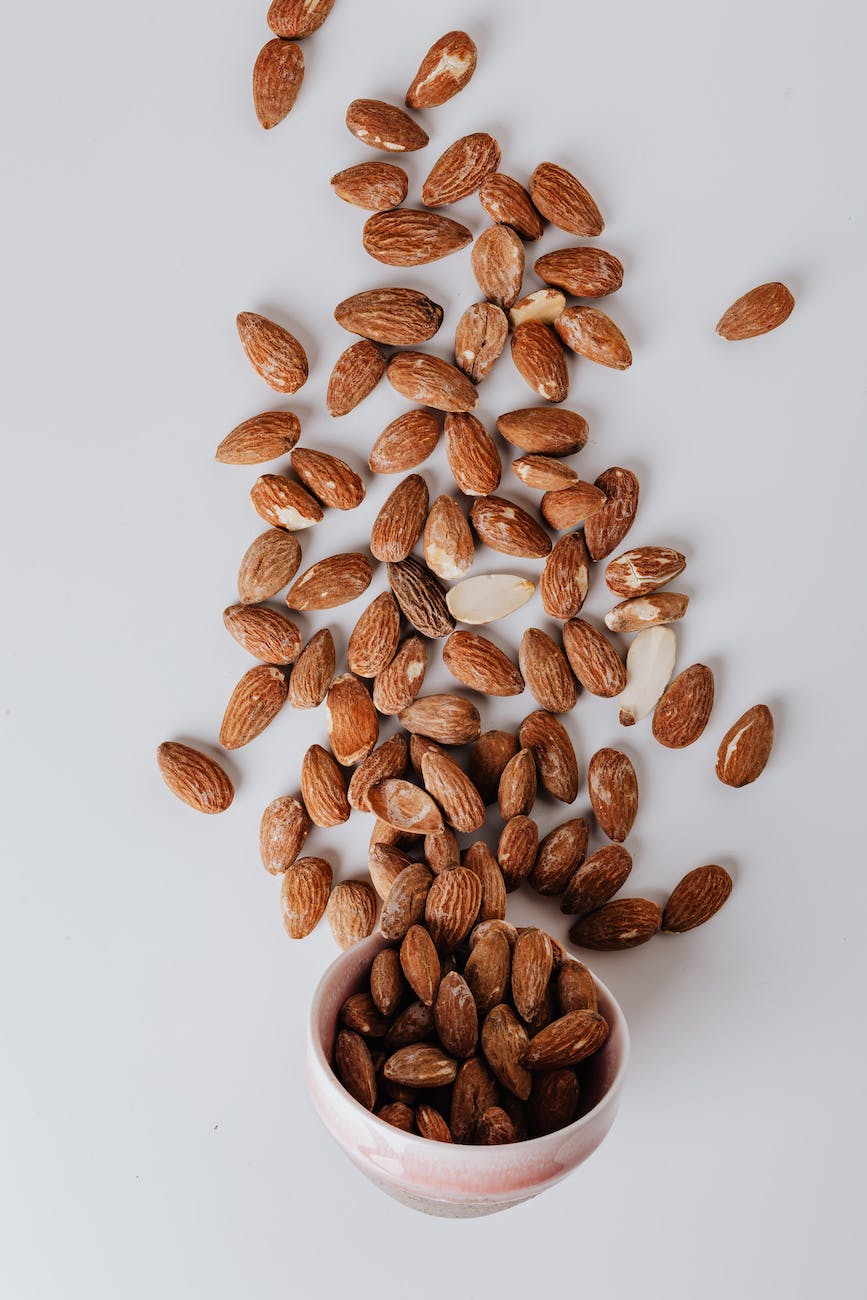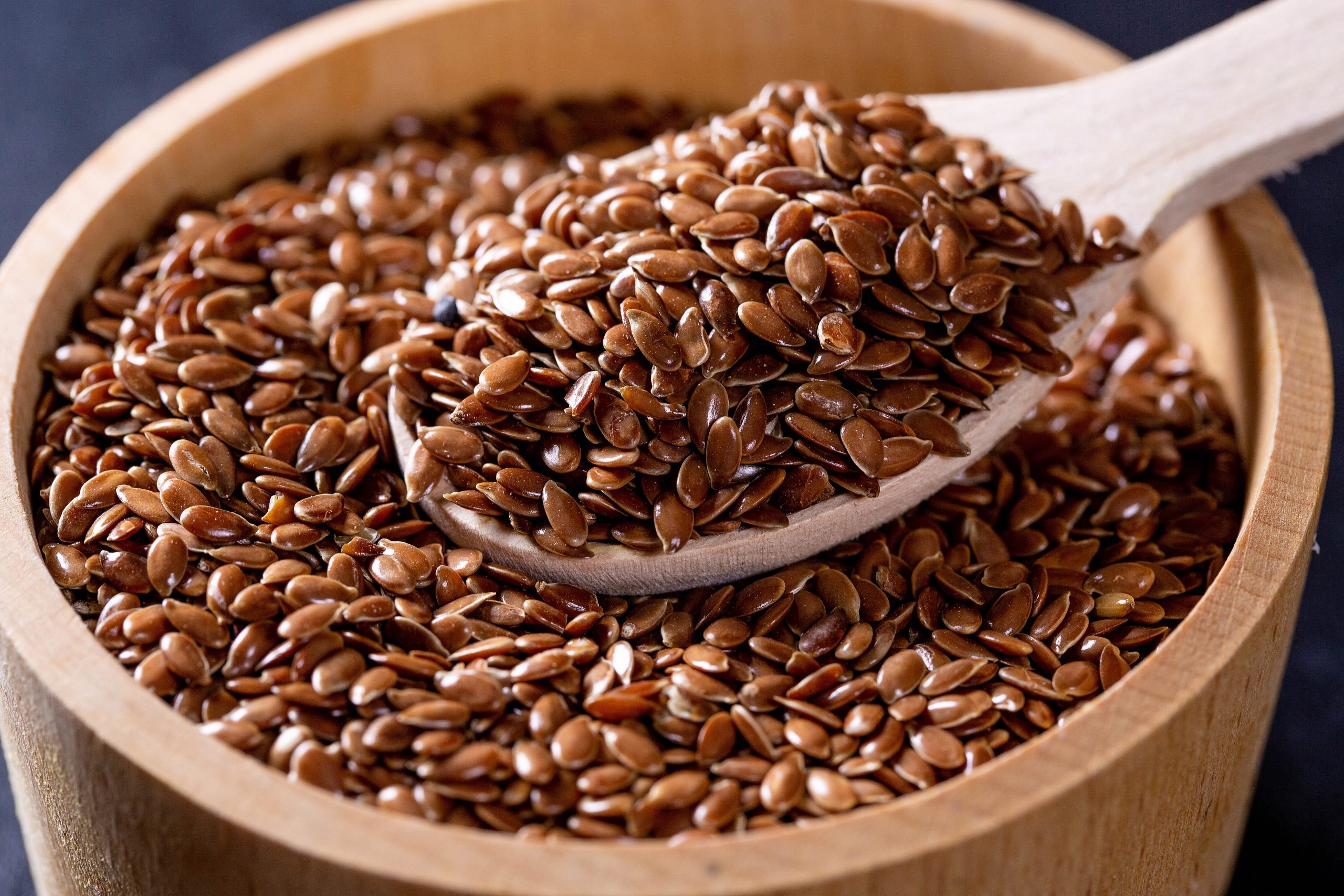
Introduction 📝🌽🍽️
Hello, health enthusiasts! The road to weight loss is often strewn with diet restrictions, challenging workouts, and frequent confusion about what to eat and what to avoid. In this muddle, one often wonders, “What about my favorite foods? Can I still enjoy them?” Well, we have some good news for you, especially if you’re a fan of sweet corn. This sweet, juicy, and flavorful kernel is not only delicious but also a nutritious powerhouse that can support your weight loss journey. So, buckle up as we embark on an informative journey to understand the link between sweet corn and weight loss, along with some delicious, easy-to-prepare recipes. 🎢🍽️
Sweet Corn: Unveiling the Nutritional Profile 🌽🔬
First, let’s understand what makes sweet corn a healthful choice. Despite its sweet taste, an ear of corn has about the same number of calories as an apple and less than one-fourth the sugar. Furthermore, sweet corn is packed with fiber, which aids digestion and helps control appetite.
It’s also an excellent source of several vitamins, including folate, thiamin, and vitamins C and B6. Folate is crucial for the formation of new cells, making it essential during periods of growth. Thiamin helps our cells produce energy from carbohydrates and aids in the function of the heart, muscles, and nervous system. Vitamin C acts as an antioxidant, protecting cells from damage and aiding in the absorption of iron, while Vitamin B6 is vital for brain development and function.
Beyond these, sweet corn also provides essential minerals like potassium, magnesium, and iron, along with a high level of antioxidants, including lutein and zeaxanthin, which promote eye health.
Sweet Corn and Weight Loss: The Science 🧪🎯
Sweet corn can indeed support your weight loss journey, and here’s why:
- High in Fiber: Sweet corn contains a good amount of dietary fiber. Fiber not only aids in digestion but also provides a feeling of fullness, which can prevent overeating and unnecessary snacking.
- Low-Calorie Content: A medium-sized ear of corn contains about 100 calories. Therefore, it can be a part of a low-calorie diet designed for weight loss.
- Rich in Complex Carbohydrates: The complex carbs in sweet corn take longer to chew and digest. This slow process prevents sudden spikes in blood sugar and keeps you satisfied for longer, reducing the urge to eat frequently.
How to Eat Sweet Corn in Your Weight Loss Journey 🍲🥗
Including sweet corn in your diet is pretty straightforward. Here are some helpful tips:
- Mind Your Portions: Like all foods, moderation is key with sweet corn. A serving size of one medium ear of corn or about 1/2 cup of kernels is sufficient.
- Healthy Cooking Methods: Boil, steam, or grill the corn instead of frying. These cooking methods help retain nutritional value while keeping the calorie content low.
- Avoid High-Calorie Toppings: Instead of slathering your corn with butter or mayo, opt for healthier options like a squeeze of lime, a sprinkle of chili powder, or a touch of fresh herbs for flavor.
Delicious Sweet Corn Recipes for Weight Loss 🌽👩🍳
- Grilled Corn with Herb Yogurt: Grill the corn until charred. Mix plain yogurt with your favorite herbs and spices. Slather the grilled corn with the herb yogurt for a delightful side dish.
- Corn, Black Bean, and Avocado Salad: Combine steamed corn kernels, black beans, diced avocado, cherry tomatoes, chopped onions, and cilantro. Dress with a mixture of lime juice, olive oil, salt, and pepper.
- Sweet Corn Soup: Sauté some garlic and onions in olive oil. Add corn kernels, vegetable stock, salt, and pepper. Blend the mixture and sieve it. Heat the soup again and enjoy a warm, comforting meal.
- Corn and Quinoa Stir-fry: Stir fry cooked quinoa, corn, bell peppers, onions, and garlic in a pan. Season with your favorite herbs for a protein-packed, delicious meal.
Conclusion 🏁
The journey to weight loss doesn’t have to mean giving up on all your favorite foods. As we’ve explored, sweet corn is a delightful and healthful addition to a balanced weight loss diet. Not only is it filling and satisfying, but it also comes with numerous health benefits. Just remember to enjoy it in moderation and in its most natural, unprocessed form. Here’s to making your weight loss journey delicious and enjoyable! 🥂
Disclaimer: This blog post is for informational purposes only and does not constitute medical advice. Always consult with a healthcare professional before making any changes to your diet.












